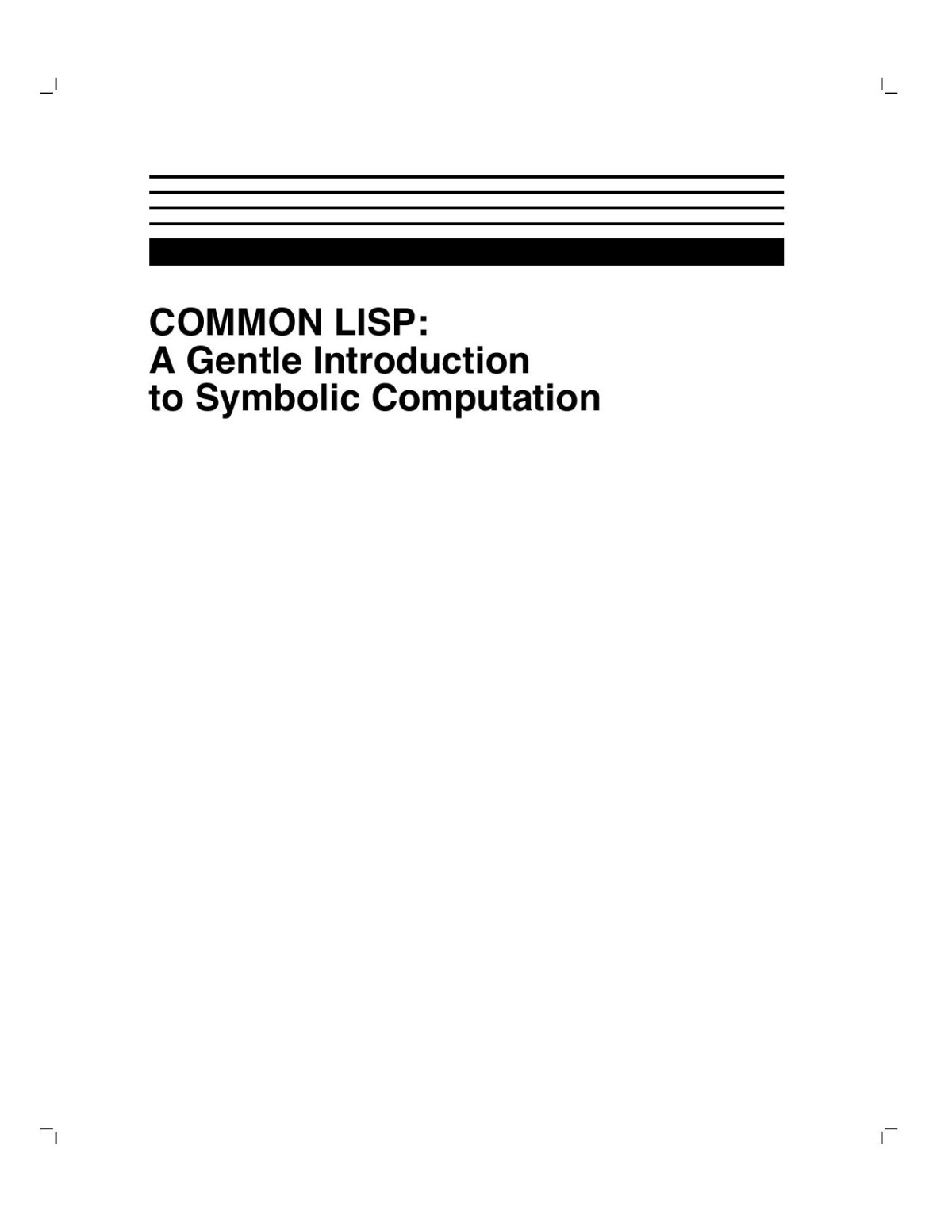

Most ebook files are in PDF format, so you can easily read them using various software such as Foxit Reader or directly on the Google Chrome browser.
Some ebook files are released by publishers in other formats such as .awz, .mobi, .epub, .fb2, etc. You may need to install specific software to read these formats on mobile/PC, such as Calibre.
Please read the tutorial at this link. https://ebooknice.com/page/post?id=faq
We offer FREE conversion to the popular formats you request; however, this may take some time. Therefore, right after payment, please email us, and we will try to provide the service as quickly as possible.
For some exceptional file formats or broken links (if any), please refrain from opening any disputes. Instead, email us first, and we will try to assist within a maximum of 6 hours.
EbookNice Team

Status:
Available5.0
28 reviews
ISBN-10 : 130225331X
ISBN-13 : 978048648201
Author: David S. Touretzky
This highly accessible introduction to Lisp is suitable both for novices approaching their first programming language and experienced programmers interested in exploring a key tool for artificial intelligence research. The text offers clear, reader-friendly explanations of such essential concepts as cons cell structures, evaluation rules, programs as data, and recursive and applicative programming styles.
The treatment incorporates several innovative instructional devices, such as the use of function boxes in the first two chapters to visually distinguish functions from data, use of evaltrace notation in later chapters to illustrate the operation of evaluation rules, and "Dragon stories" to explain recursion. The book contains nearly 400 diagrams and illustrations, and 77 pages of answers to exercises. Advanced topics and "toolkit" sections, and a variety of complete programs, extend readers' programming power.
1. Introduction
2. Data Types
3. Scope and Extent
4. Type Specifiers
5. Program Structure
6. Predicates
7. Control Structure
8. Macros
9. Declarations
10. Symbols
11. Packages
practical common lisp
steel bank common lisp
ansi common lisp
scheme vs common lisp
clojure vs common lisp
Tags: Common, David Touretzky, introduction, novices approaching, programming language